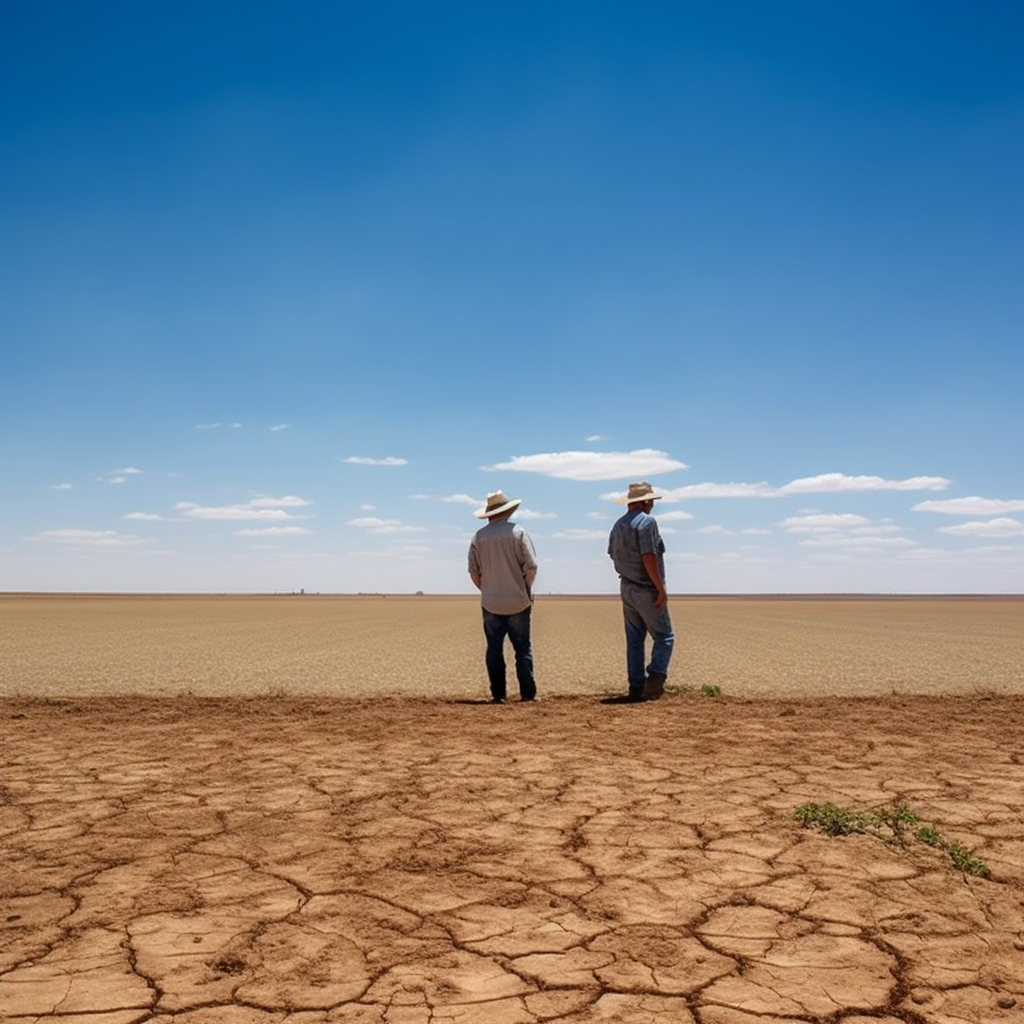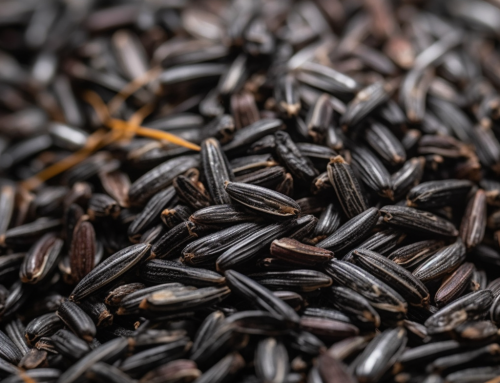
The climate change conundrum has been increasingly glaring, with its adverse effects rippling through various sectors. One sector that is significantly impacted is agriculture. Over the past three decades, climate change has led to a 5-15% increase in spring rainfall in the Midwest. This surge in rainfall is putting additional pressure on farmers, forcing them to adapt and improvise to protect their livelihoods.
Among those who have felt the brunt of this change are Ohio farmers Ross and Mark Woodruff. The brothers have had to resort to using tile drainage to manage the excess rainfall and protect their crops. This solution, however, is not without its drawbacks, considering the high costs involved.
The increased rainfall is not a mere inconvenience. It is a significant disruption that is causing farmers to lose around five days of field work in April. This delay in planting can drastically affect crop yield and, by extension, the farmers’ income.
Farmers in other regions are also grappling with the same challenge. Wendy Carpenter, who owns a farm in Indiana, has turned to sustainable farming techniques to manage the excess water and maintain soil structure. Despite the challenges, these techniques help her and other farmers to mitigate the impact of increased rainfall on their operations.
Unfortunately, the increased spring rains in the Midwest are not just causing logistical problems for farmers. There is also a significant psychological toll. Many farmers are facing high levels of anxiety as they have to wait for their fields to dry before they can start planting. This waiting game can be nerve-wracking, especially when their livelihoods depend on the success of the crops.
Moreover, the quality of crops planted in wet springs may suffer at harvest time due to the excessive rains. This decrease in quality could further impact the farmers’ revenues and exacerbate the financial strain they are experiencing.
Despite these challenges, some farmers have managed to remain resilient. Katy Rogers of Teter Retreat and Organic Farm, for instance, has been able to adapt to the changed conditions by diversifying their crops and using sustainable farming practices. Such strategies allow her and other farmers to weather the storm, literally and metaphorically.
However, it is clear that even with the implementation of water management strategies and sustainable farming techniques, the unpredictable and frequent heavy rain events continue to pose significant challenges for farmers. As the climate changes, farmers in the Midwest and elsewhere will need to continue innovating and adapting to ensure their crops, and their livelihoods, can withstand the storm.
Science4Data is committed to cut through greenwashing and measure real impact. Join the journey to a sustainable future. Your actions matter.






